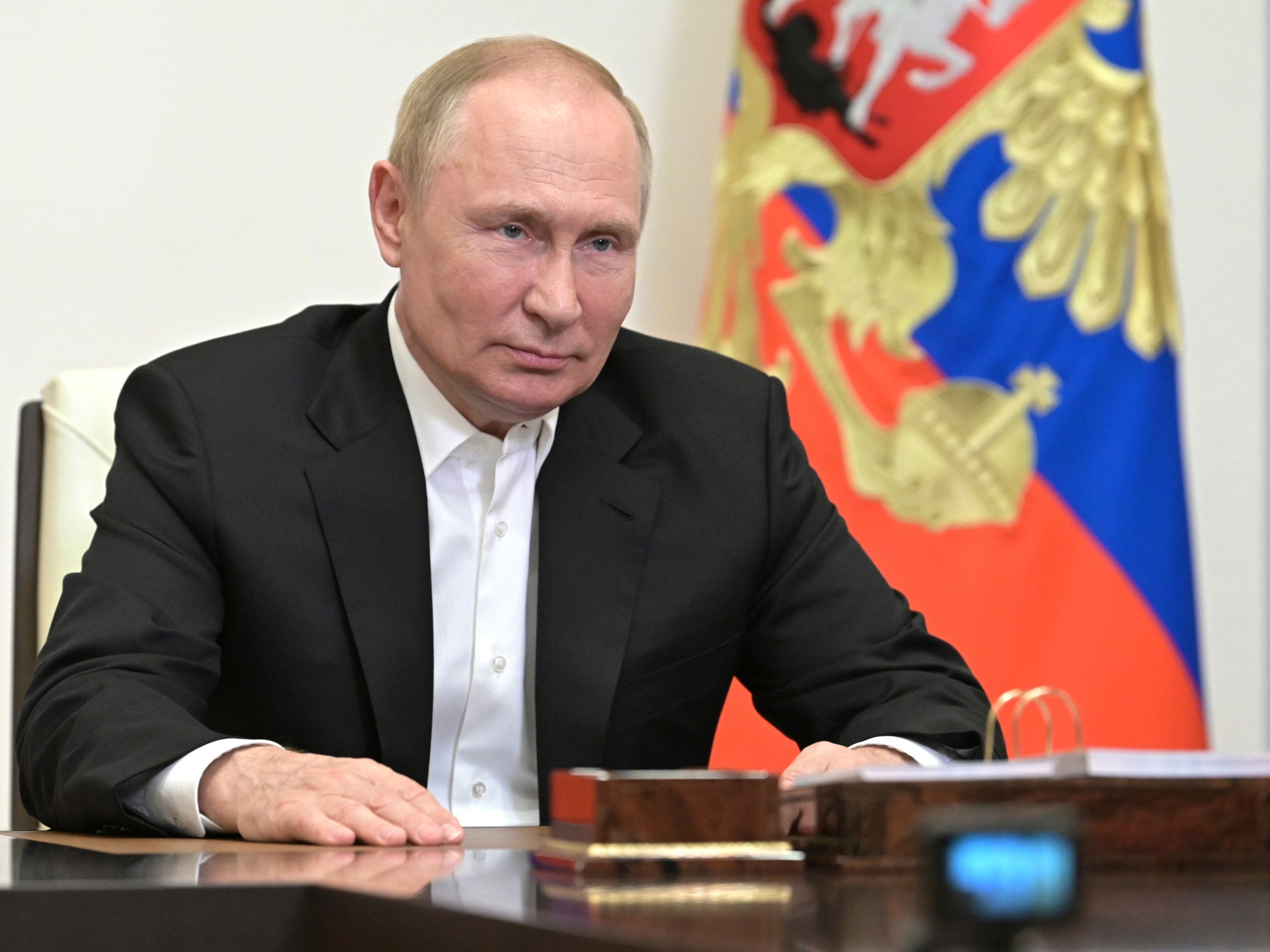Trade Tensions
Trade Tensions President Trump’s first few weeks in office will offer clarity on what’s in store.
Many indicators are suggesting that geopolitical relations may witness further significant changes in 2025, with profound implications in shaping the nature of such relationships throughout the current decade.
These changes are expected to include political, economic, and strategic alliances and here, we will discuss the anticipated economic changes, and how to leverage and build upon their outcomes.
Read more at https://themiddleeastexplorer.com/
Economic and trade relations between the US and China, the two largest players in global economic affairs, are under intense scrutiny with the upcoming inauguration of President-elect Donald Trump. His administration is set to impose steep tariffs of up to 60% on Chinese exports to the US, prompting threats of countermeasures from China.

EU too will get caught in trade strife
This escalating trade tensions also extends to the EU, the third-largest economy, which faces strained trade relations with both the US and China. Retaliatory measures and counter-tariffs are likely, which means that more than half of the global economy will experience turmoil, with its effects rippling across the other half.
Some countries will see positive outcomes, while others will face all sorts of impacts, depending on their location and economic structure. This situation necessitates a thorough study of strategies to address, harness, and mitigate their potential consequences.
On the other hand, Trump is expected to play a key role in facilitating a swift resolution to the Russian-Ukrainian conflict, as he has promised. His previous experiences suggest that he is capable of delivering on promises.

Will Russia see any easing of sanctions?
If successful, this could bring much-needed stability and lead to the lifting of sanctions on Russia. Such a shift would have far-reaching effects on the global economy, especially in energy markets, with Russian oil and gas exports returning to full capacity.
For example, the US last week exempted Turkey from sanctions on Russian gas payments. The food commodity and financial sectors would also feel the ripple effects, creating opportunities for growth or recovery.
At the same time, the new administration intends to reintroduce strict sanctions on Iranian oil exports. Under the Biden administration, these exports surged from just 300,000 barrels a day at the end of Trump’s first term to 3 million barrels. If no agreements are reached under the new leadership, these exports are likely to drop significantly, impacting global energy markets and potentially reshaping the geopolitical landscape.
The incoming administration is committed to addressing commercial and supply chain challenges, particularly in Bab Al Mandab and the Red Sea, where tensions have disrupted maritime navigation, adversely impacted the Suez Canal, and driven up transportation and commodity prices, thereby leading to inflation affecting nearly every country.

Middle East stability
The situation with the Houthis, who pose a threat to global trade routes, is likely to face challenges similar to those encountered by their allies in 2025.
Additionally, there are other important factors, especially in the Middle East, that will have a lasting impact. The stability of Syria and Lebanon, for example, is crucial as they serve as key logistical hubs for transportation and communications, including air links between East and West.
The uncertain and tense relations between Washington and Tehran continue to loom large, with the potential for significant developments. These dynamics will undoubtedly shape the region’s economic conditions, with particularly pronounced implications for the energy sector.
Such developments, along with others on the horizon, will have significant implications that can’t be ignored. The changes coming are big, and no country’s economy can remain untouched, especially as global markets become more connected than ever.
This means the impact of these changes can’t be left to chance or dealt with later. They will touch on key areas like the oil and gas sector, trade, and regional stability and security.
The effects will differ from one country to another and from one economic region to another. Those with accurate insights and thorough research will be the ones who can make the most of these shifts.
Mohammed Al Asoomi is a specialist in energy and Gulf economic affairs.

